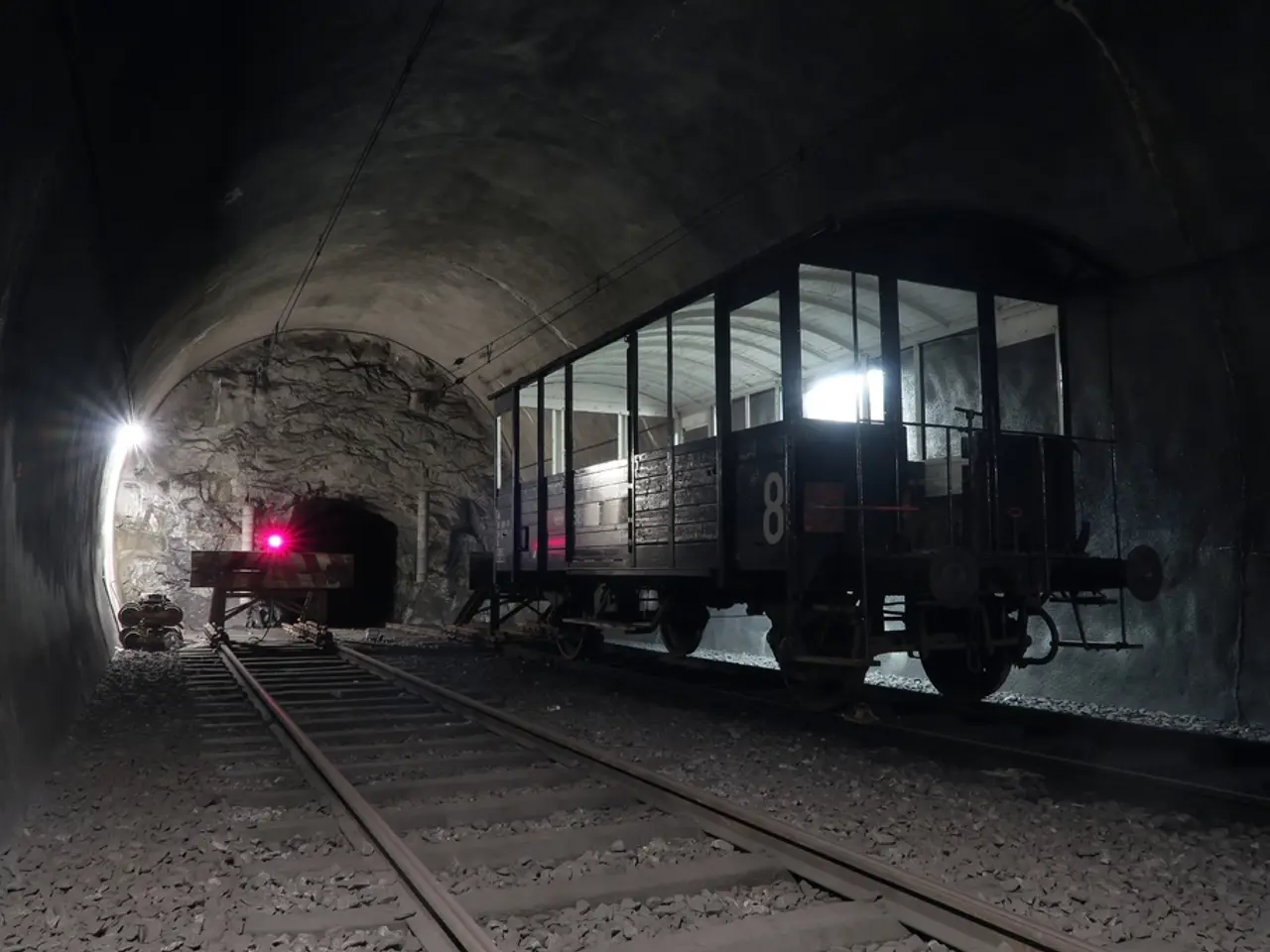News Article: Rift Valley Railways Loses Lawsuit Against Kenyan Government
Railway dispute results in RVR being ordered to pay Kenya approximately Sh1 billion, following a loss of over Sh300 billion.
In a recent ruling, the London Court of International Arbitration (LCIA) has dismissed all claims brought forth by Rift Valley Railways (RVR) against the Kenyan government, following the termination of a 25-year railway concession agreement.
The legal dispute, which originated in 2006, saw RVR, a consortium responsible for freight and passenger services, take over the operation of the Meter Gauge Railway (MGR) system in Kenya and Uganda. The concession, which included a 1,660-kilometre railway stretching from Mombasa to Kampala, required RVR to pay 11.1% of its gross revenue to Kenya and Uganda in exchange for the transfer of railway assets.
However, the concession was terminated in 2017 due to RVR's failure to meet its obligations, including securing funding and achieving freight targets. RVR investors, represented by KU Railways Holdings Ltd and RVR Investments (PTY) Ltd, claimed that the Kenyan and Ugandan governments had breached the Interface Agreement and the Railways Concession Agreement, leading to the premature termination of the contract.
Despite these claims, the LCIA ruling upheld that Kenya had adhered to the terms of the concession, while RVR failed to fulfill its commitments. The ruling also dismissed a separate case involving a Sh1.6 billion tax dispute between RVR and Kenya Revenue Authority over tax exemptions while running Kenya's old railway between 2013 and 2014.
RVR's lawyer, Phillip Nyachoti, stated that the tribunal relied on "extraneous factors" such as audit reports, internal communications, and consultant advice, rather than the law. RVR claimed that the tribunal erred in law and based its decision on extraneous evidence.
The dispute between RVR and the Kenyan government also extended to a Sh1.6 billion refund that RVR sued Kenya Railways Corporation (KRC) for, allegedly paid as a road maintenance levy after KRC terminated its contract to run the old railway system.
The termination was defended as lawful and necessary by former Attorney General Prof Githu Muigai, who argued that RVR had abused arbitration mechanisms to extract massive payouts from African states without fulfilling contractual obligations.
The ruling by the LCIA not only protects Kenya from a significant financial burden but also reinforces the integrity of its legal and commercial commitments. The decision comes as a relief for the Kenyan government, which had been facing potential financial liabilities amounting to billions of shillings.
In conclusion, the LCIA ruling marks a significant victory for the Kenyan government in its legal battle with Rift Valley Railways. The ruling serves as a reminder for all parties involved in concession agreements to fulfill their contractual obligations to avoid potential legal disputes and financial liabilities.
References:
- Nation
- The Standard
- Business Daily
- Courts of Kenya
- Kenya Law
- The ongoing politics of business and industry in Kenya has been impacted by a recent LCIA ruling, which saw the dismissal of claims by Rift Valley Railways against the Kenyan government, stemming from the termination of a 25-year railway concession agreement.
- The epaper headlines have been abuzz with financial news, including the recent LCIA decision, which found that the Kenyan government had upheld its terms of the concession, while RVR failed to fulfill its commitments, and dismissed a separate case involving a Sh1.6 billion tax dispute.
- In the realm of general-news, health and wellness have taken a backseat, as attention has been diverted to the legal dispute between Rift Valley Railways and the Kenyan government, with implications for the country's future in terms of its infrastructure, finance, and industry.
- The LCIA ruling has also been a topic in political discussions, with some considering it a significant victory for the Kenyan government, as it not only protects Kenya from a significant financial burden, but also reinforces the integrity of its legal and commercial commitments.




